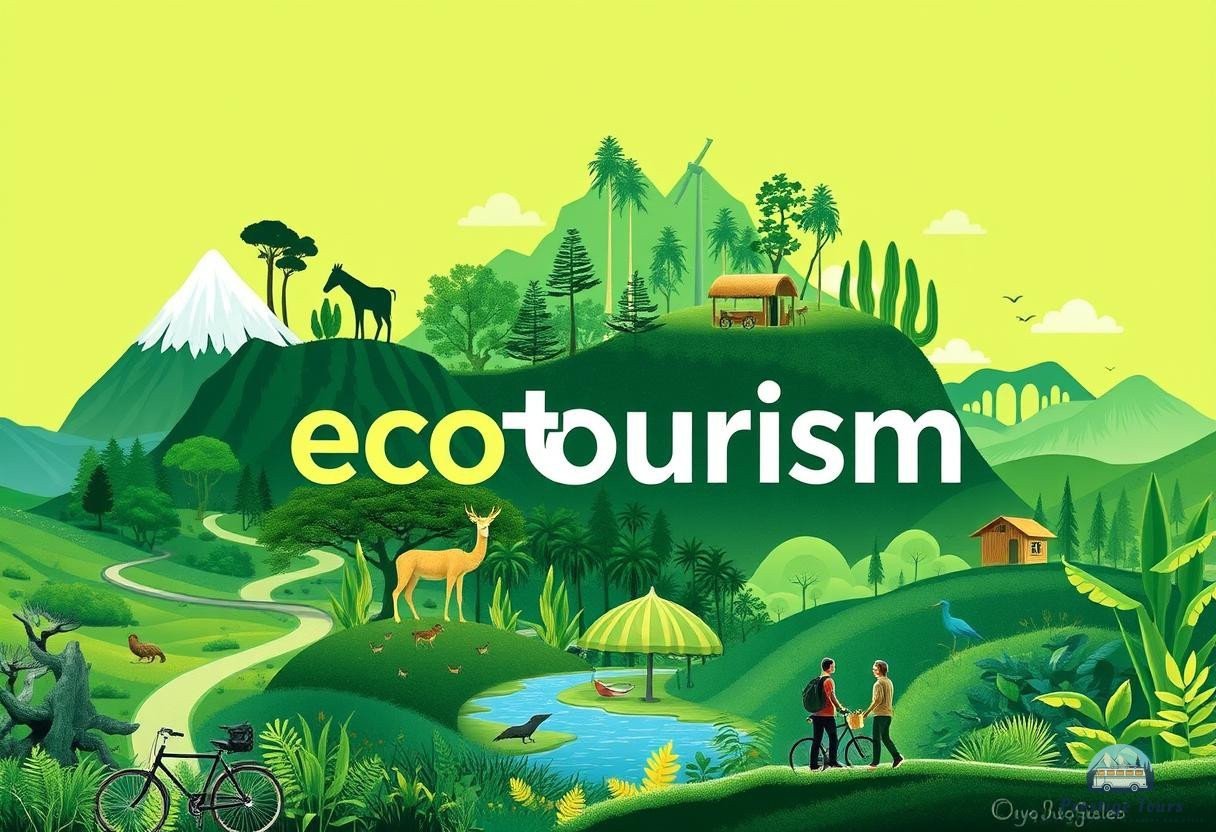Introduction
Ecotourism is becoming an increasingly popular trend in the world of leisure and travel. It is a concept that combines people's desire to explore new horizons and care for the environment. It is important to understand that with the development of this trend, the requirements for sustainable development in the tourism industry also increase. Sustainable development includes not only environmental protection, but also support for local communities, which plays a key role in creating responsible and safe tourism.
Basic principles of ecotourism
Sustainability and its importance for ecosystems
Sustainability is a fundamental principle of ecotourism. Such development implies a balance between the needs of tourists and the capabilities of ecosystems. Tourism activities can have a negative impact on nature, so the following aspects should always be kept in mind:
- Assessment of impact on natural resources.
- Preservation of biodiversity and unique ecosystems.
- Minimizing carbon footprint.
Responsibility of tourists and operators
Responsibility is another pillar of ecotourism. Ethical behavior by travelers and tour operators contributes to a safer and more comfortable tourist environment. This includes such things as:
- Respect for local customs and traditions.
- Participation of local residents in tourism projects.
- Creating transparent and fair working conditions for all parties.
Ecological technologies and their application in tourism
Innovative solutions in the field of transport

Modern technologies play an important role in reducing the negative impact on the environment. For example, the use of electric and hybrid cars helps reduce emissions. Also, alternative modes of transport: bicycles and walking are becoming increasingly popular among tourists. These methods not only reduce the development of pollution, but also improve the overall perception of rest.
Energy efficient and water saving technologies
Another area is energy-efficient and water-saving technologies, which are being implemented in the hotel industry. For example, the use of solar panels allows hotels to use renewable energy sources. The introduction of rainwater collection systems significantly reduces the consumption of fresh water, which is critically important in the context of climate change.
Examples of successful practices and cases
Successful Ecotourism Projects in Russia
There are currently several successful ecotourism projects in Russia that have a positive impact on local communities and improve regional economies. For example, Karelia is developing initiatives to create ecoparks and sustainable tourism, including cooperation with local residents in the field of accommodation and providing excursions.
Impact on local communities and economies
Ecotourism brings many benefits to local communities.
- Creation of new jobs.
- Infrastructure development.
- Improving quality of life through ecosystem development.
Feedback from tourists is also positive, indicating a growing interest in environmentally friendly types of recreation.
Conclusion
The prospects for the development of ecotourism in Russia and the world are very encouraging. By supporting sustainable development and introducing modern environmental technologies, we can not only protect nature, but also promote economic growth. It is recommended to contact trusted travel companies and take into account the advice of local residents in order to increase your responsibility as a tourist. Learn more about important aspects related to ecotourism on the website Ecotourism.org and WWF Russia.











